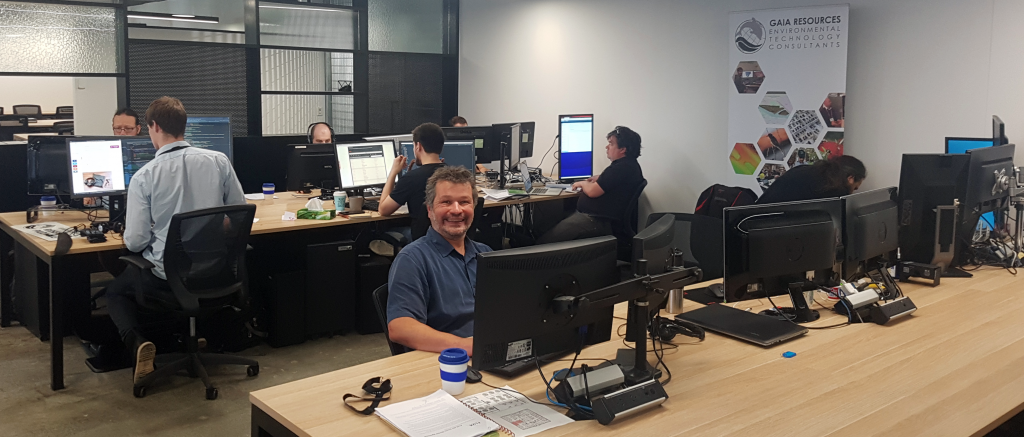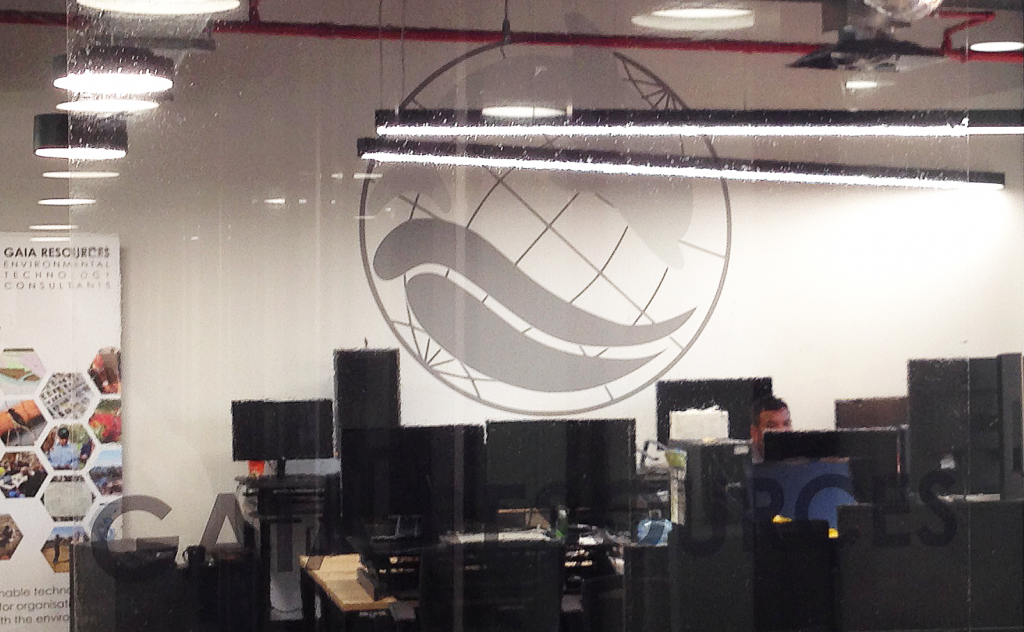A while back – before we became a “national company” as my wife likes to remind me – we had our own offices in Leederville (a suburb in Perth, Western Australia). All that changed when the place was sold up, and we had to look for somewhere to move to.
I gave our team blank floor plans to design “their perfect office”. That was an interesting exercise, and despite a few wacky ones (“here’s where the moat goes to keep out the project managers”) what the team actually drew was pretty much what we have now in the co-working space in FLUX.
When we were looking around we had a lot of what I call “the typical real estate experience”. Agents who showed us places for lease were very much lethargic, late to appointments, and didn’t give us the full costings when we asked for it – or costings at all. It still makes me wonder – as at that stage there was a high vacancy rate in office space in Perth – how these companies stayed in business! It was a very different experience when we did a tour at Spacecubed. The team there showed us around, took us down the road to the newly opening FLUX space, and we were pretty happy with what we saw, despite my initial scepticism.
We moved in to FLUX based on a range of reasons, with the main ones being the improvement in our workspace environment for the team, reduction in our overall costs for leasing a space and the increase in convenience for us (i.e. I never have to think about buying coffee, tea, milk or fruit these days, it just magically turns up).
There are a bunch of other benefits as well, though; one of the best being that if we have an issue I can talk face to face with the team and the owners. This isn’t the case for all of the co-working spaces out there but it has been a consideration when we were looking for new offices in Brisbane and Darwin. In Perth, we can just call Brodie or one of his team and have a discussion, and typically that has resolved any issues very quickly.
The community feel in co-working is also a big benefit – and a double-edged sword. When we first moved in we almost were swamped by the community instead of keeping our own little group together. With the much bigger space we have now in Perth – to cope with our increasing team – that’s less of an issue, but still something to consider how you keep your team together. The other aspects of the community – the breakfasts, the lunchtime TED talks, and the other events (okay, drinks on a Friday arvo) are all important additions to our working life that make it just a little bit better! From our experience, that’s more about FLUX than co-working though. Each of our co-working spaces (FLUX in Perth, @workspaces in Brisbane and the Darwin Innovation Hub) does it a little differently. We have a strong community feel here in Perth, but less so in Brisbane and Darwin (although to be fair, it’s very early days in Darwin).
We’re now probably the largest resident company in FLUX in Perth, and the team have been very accommodating along the way, as have the team in @workspaces in Brisbane. This is another significant benefit – as we’re growing and shrinking over time, the co-working spaces can accommodate us and provide both flexibility and surety that we’re going to have a home, no matter how big or small we are.
Co-working is not something we’re going to be running away from any time soon. It’s delivered a good working environment that is comprehensive, flexible and adaptable. Without it, we certainly wouldn’t be where we are today. I might have been a bit sceptical at the start as to if it would work out, but I’ve certainly seen the benefits for our business!
If you’re interested in our co-working experiences, then drop us a line, or start a conversation on Twitter, LinkedIn or Facebook. Or, you can contact the teams at our co-working offices at FLUX (Perth), @workspaces (Brisbane) or the Darwin Innovation Hub to ask them to give you a tour and see what you think!
Piers



Comments are closed.